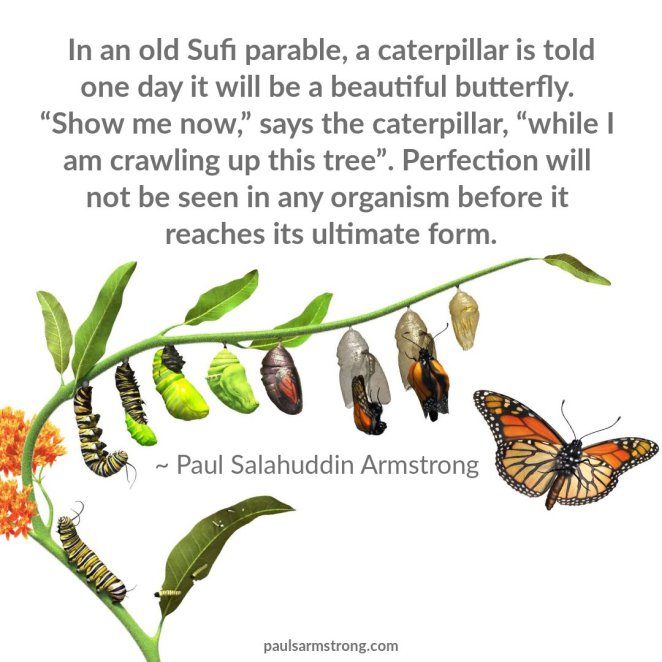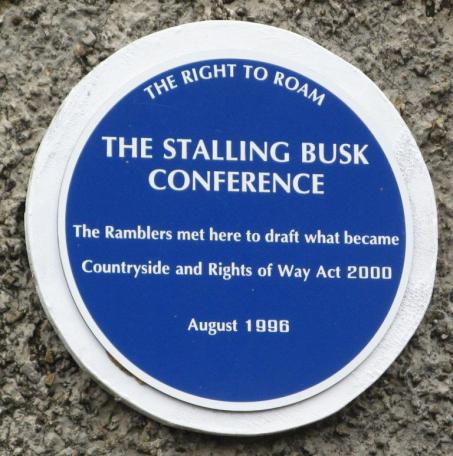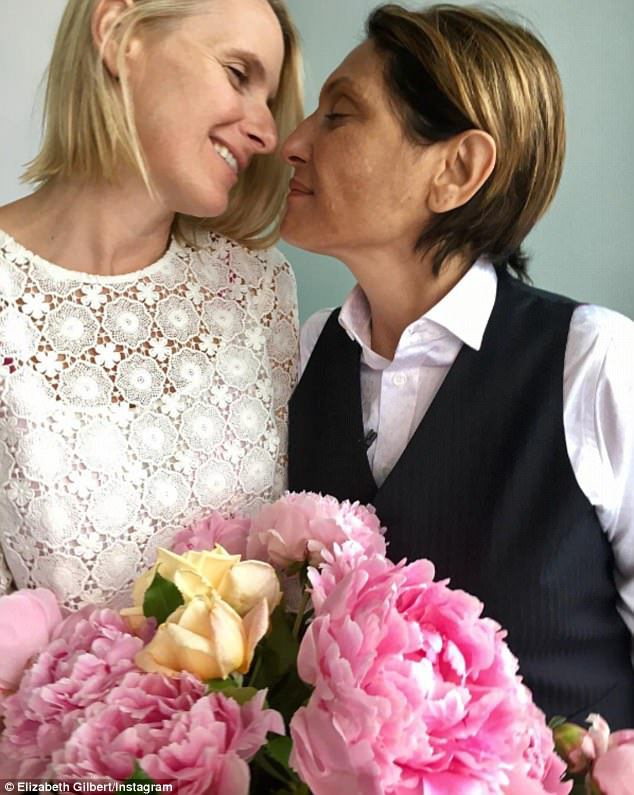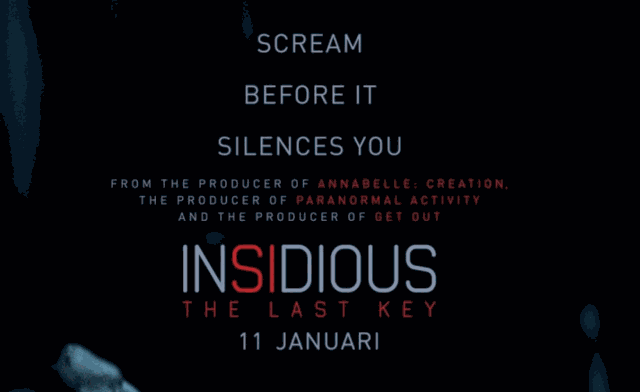Let me start off by saying that I’m not generally a poetry person. But I have been learning to appreciate it more, as well as figuring out what kind of poetry works best for me (which I’m beginning to think is the secret). Last year, I read poetry by Rita Joe and George Elliott Clarke, and what I liked best was the history and the emotion behind it. This year, I’ve learned that I like poems that tell stories.
 After Swissair by Budge Wilson
After Swissair by Budge Wilson
In After Swissair, Budge Wilson tells the story of Swissair Flight 111, which crashed into the waters near Peggy’s Cove, Nova Scotia on September 2, 1998, killing all 229 people on board. The poems in this volume come from many different perspectives of the event itself and the aftermath. It is still very much in the hearts and minds of the people living in the area, as well as the families whose loved ones were lost in the crash.
The poem, Peggy’s Cove, left a lasting image in my mind of loved ones throwing mementos into the sea; flowers, teddy bears, and even golf balls. On one particularly blustery day, when it was too dangerous to get close to the ocean, firefighters formed a human chain so that the mementos could still be passed along.
Peggy’s Cove
For over a week the families
own the lighthouse
the enormous rocks
they cling to the people who live there
drink their tea
tell them their stories
weep at their kitchen tables
they sit or stand on the rocks
arms around one another
facing the horizon
their personal graveyard
some throw flowers into the sea
or teddy bears for the children
Golf Balls for Monte
Over the years
I’ve kept golf balls in my car
and sometimes
when passing the graveyard
I leave a ball in the grass beside his stone
It’s never alone
others have come before me
to leave behind the same strange flower
There are poems from the perspective of the fishers, the RCMP, the divers, the women baking up a storm, the military, and even some of the monstrous machines used in the search efforts.
The Grapple
We could see it from the shore
an enormous sinister insect
searching for prey
One of the parts I found very moving was when the author of the book was finally able, once again, to look at the ocean and see its beauty.
Epiphany
The sea received them
as gently as it could
it did not kill them
Almost 20 years later…
(I grew up hearing the comforting sound of the foghorn, so I particularly like this passage.)
September 2015
Listen
far off in the distance
the voice of a foghorn
always a sound full of questions
containing a sorrow and fear
but oddly a comfort
with a rise and fall
like the waves
sorrow and fear and a comfort
speaking together
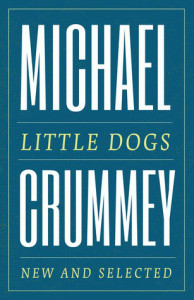 Little Dogs by Michael Crummey
Little Dogs by Michael Crummey
Anyone who has been following me for a while knows how much I love Michael Crummey’s novels. Now I can say I also love his poetry. Little Dogs is a collection of both his old and new poems, and many of them are like reading mini stories. In an interview with Carol Off on CBC Radio, the interviewer described them as being like short movies in your head. She had Crummey read out loud his short piece “Bread“, and I loved it so much I immediately went home and requested the book from the library. I strongly encourage you to listen to the interview just to hear that piece.
A lot of these poems are written about people and places Crummey has been hearing about his whole life; stories about his grandparents and their way of life. And some of them are more personal; ageing, memories of his parents, memories of childhood and adolescence, as well as life with his family.
He writes about dogberries “looking festively persistent/beneath their crooked caps of snow.”
His poem about “manic chickadees” and their “needling racket” made me smile. He describes them as “an army of wind-up toys” whose “sole earthly purpose is reminding the unconscious world that morning’s not to be missed”.
I share with him a fond childhood memory of what we always called “the dump” – you just never knew what you were going to find there.
It was where ugly thrived.
Blight and galloping stench
prospered there in exile.
He writes about Elizabeth Bishop…
She grew up a curious creature,
writing as if she were certain
that something out there loves us all
And he writes about things more personal…
I came on in a few kitchens
where everything right went wrong –
it wasn’t love, it just kept me busy
until you came along.
I borrowed this collection from the library, but it’s definitely one I’d like to own.
Book Spine Poetry #3
Book Spine Poetry #1 and #2.
I have only one poem to offer you this year. The other one I created was deleted from my camera, and it’s been too long to think of recreating it. But here’s the one my daughter helped me with when we were visiting my parents in March. It was my favourite, anyway.

In the kitchen
a mountain of crumbs.
Do not say we have nothing.
How about you? Have you read any poetry this month? Or created any?
Advertisements Share this:


